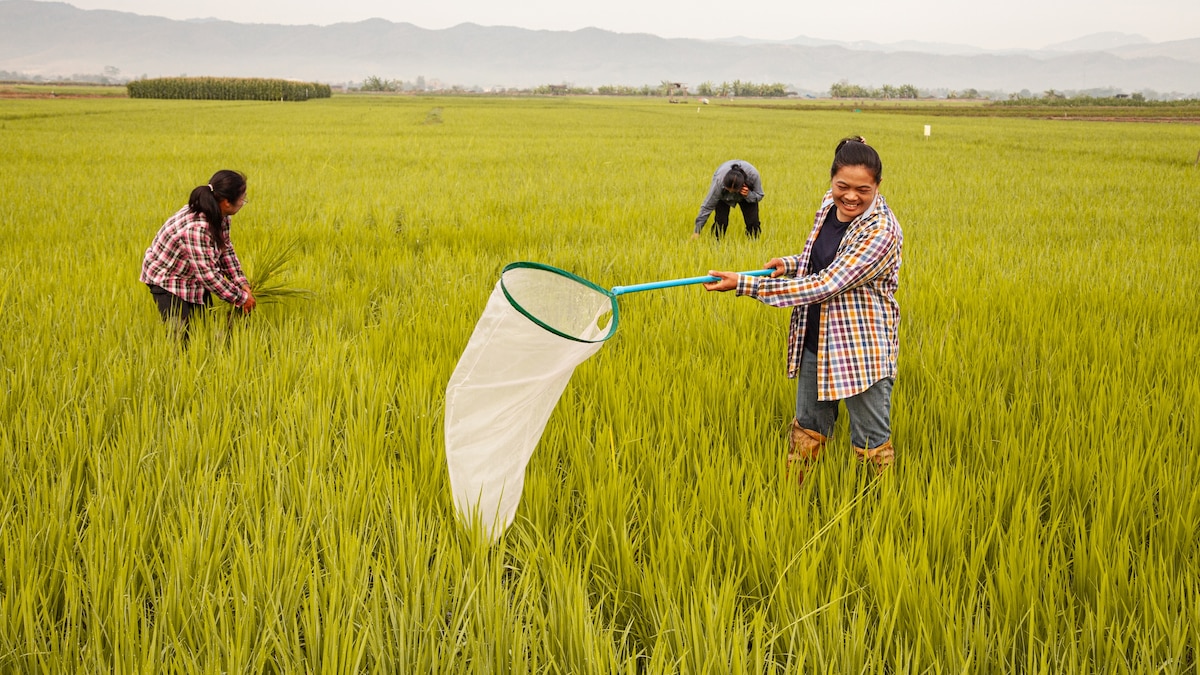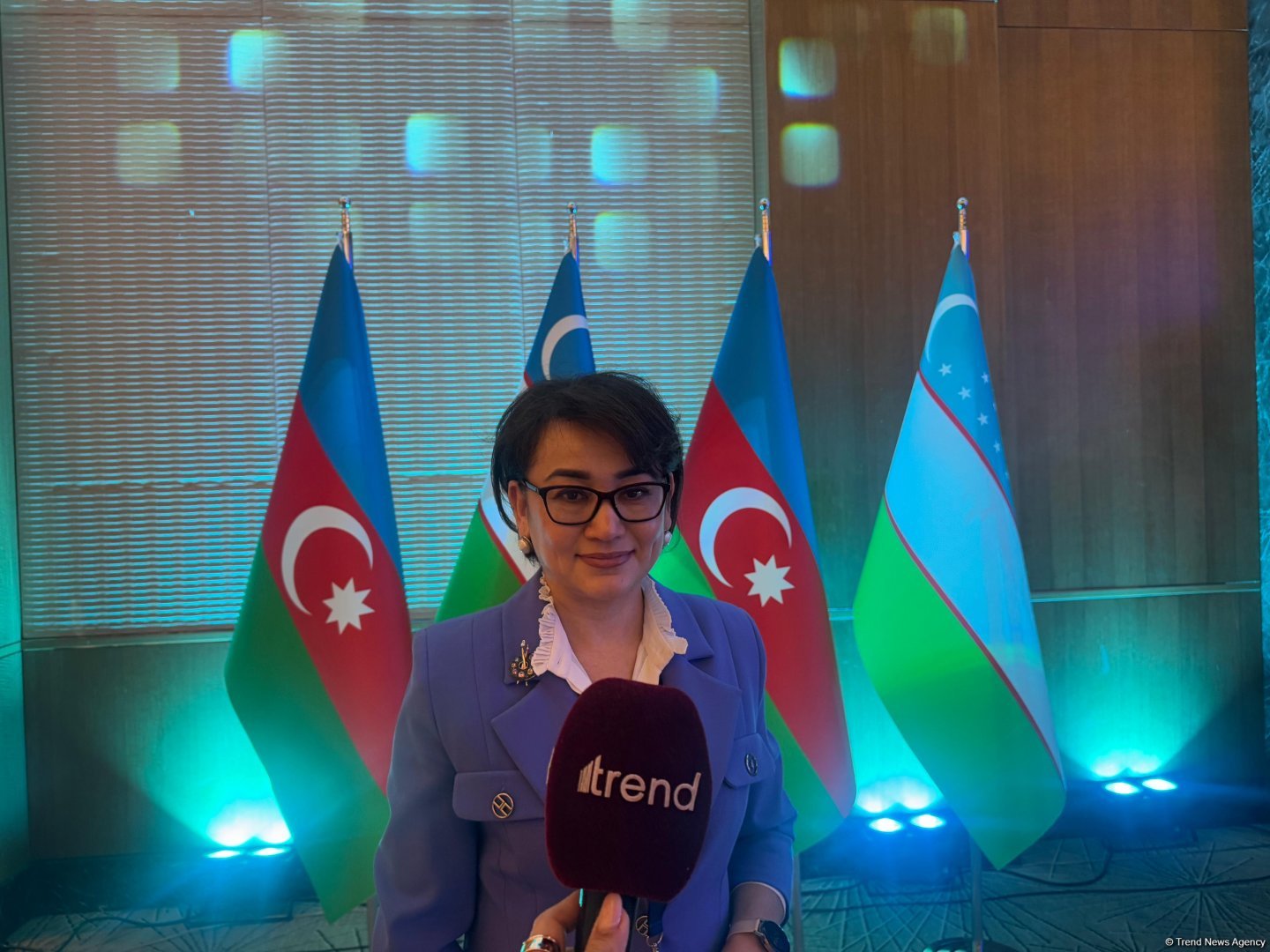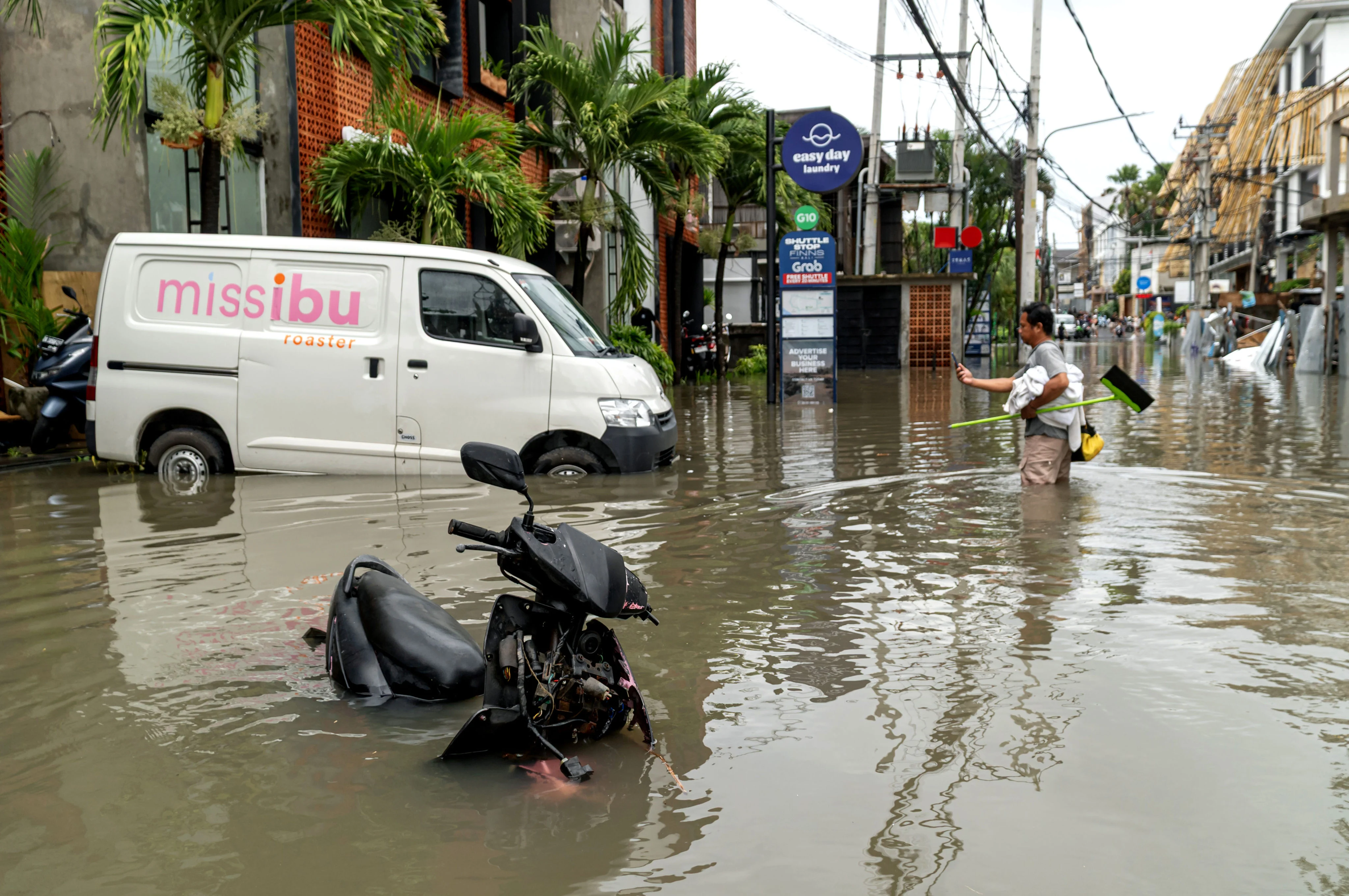
When National Geographic photographer Rena Effendi traveled to northern Thailand, she was in search of a story about sustainable farming. What she found was something deeper: a quiet revolution rooted in resilience, led by a farmer named Wisa Lakkhampa. With camera in hand, Effendi spent time alongside Lakkhampa to capture not just her regenerative farming practices, but the strength, determination, and community leadership that have made her a model for the future of food. Through Rena’s lens, we witness how one farmer is transforming her land—and inspiring others to do the same.
Farming is in Lakkhampa’s blood. She grew up on a rural farm in Khon Kean, located in the Isan region of Thailand. It’s hard for her to talk about her childhood, though. Her parents had separated when Lakkhampa was born, and her mother had to work far from her children to support her family. “I realized that the hardships in Miss Wisa’s background helped shape the strong woman she is today,” Effendi said.
Today, Lakkhampa owns and operates her own small farm in northern Thailand, where she’s been growing potatoes for PepsiCo for a decade. But now, climate change poses the latest—and most dire—threat to her livelihood. The farmers in Lakkhampa’s community have small plots of land and rely on family and community to operate their farms. These farmers, often referred to as smallholders, face the impacts of severe drought, flooding, and increasing temperatures that lead to production pressures. As average temperatures rise, crop yields decrease. These impacts don’t just affect Lakkhampa and other smallholder farmers; declining agricultural production means insufficient food to meet the world’s demand. Ultimately, the food we eat needs a healthy environment in which to grow—and that means working with nature, not against it.
As Lakkhampa became frustrated with the effects of climate change on her crops, she began looking for ways to adapt her farming to become more resilient. She wanted to learn to diversify the crops she grows, reduce water usage, and restore soil health, which is how she discovered Deutsche Gesellschaft für Internationale Zusammenarbeit (GIZ) GmbH. GIZ is the German federal enterprise for international cooperation that PepsiCo partnered with in Thailand to train 3,000 farmers, via the develoPPP program, on climate resilience and regenerative agriculture. The develoPPP program aims to support and strengthen the climate resilience of potato farmers in northern Thailand, including Lakkhampa.
PepsiCo works closely with farmers around the globe to source crops and ingredients for its products and has set a goal to expand the adoption of regenerative agriculture across 10 million acres by 2030, helping to transform the global food system.
Lakkhampa began attending PepsiCo and develoPPP program trainings in 2022. “I love learning about agriculture,” she said. In addition to trainings, the develoPPP program offers farmer exchange workshops, field days on a demo farm, agricultural clinic days, and informal talks via social media.
She began practicing alternate wetting and drying in her rice fields, a method that entails periodically draining the field and flooding it again. This method reduces water consumption in rice production by 30 percent and mitigates greenhouse gas (GHG) emissions. After Lakkhampa harvests rice, she plows the stubble back into the earth, which nurtures soil fertility, and plants potatoes on top of it, all on the same field. She has adopted the “whole farm approach,” what’s called “integrated farming,” in cultivating rice, potatoes, and corn—selecting specific regenerative practices across the crop rotation that yields more for less. She also employs drip irrigation in her corn and potato fields. These practices have enabled her to use fewer pesticides and fertilizers while achieving better yields and a higher income. In short, she “future-proofed” her livelihood through tried-and-tested regenerative agricultural practices, which will keep Lakkhampa farming despite the challenges that lie ahead.
I loved watching Miss Wisa walking in her field, interacting with her crops. There was a bittersweet moment when a tractor was mowing away her cover crops for her to plant the next cycle. I noticed how sad she was to say goodbye to the old crops, but at the same time, there was excitement and expectation of what was coming next. People like Miss Wisa live on their land and reap its fruits, but they also nurture the land and treat it as a living, breathing organism.
Rena Effendi, National Geographic photographer
Lakkhampa has also become a beacon in her community. “When Miss Wisa came to that first training, we immediately saw her potential as a trainer to other farmers, and a key person to drive the female farmer group,” said Atthawit Watcharapongchai, project manager for develoPPP at GIZ in Thailand. Lakkhampa has spoken on panels at women’s farmer trainings and is a mentor for other women farmers.
“She is a trailblazer in her community,” said Effendi. “One of her rice fields is a demo plot where other community members witness her effective farming methods and practices, such as using less water, which preserves both the soil and the environment. They see how healthy her crops are and come to her with questions. This generates trust and inspires an exchange of knowledge within the community.”



